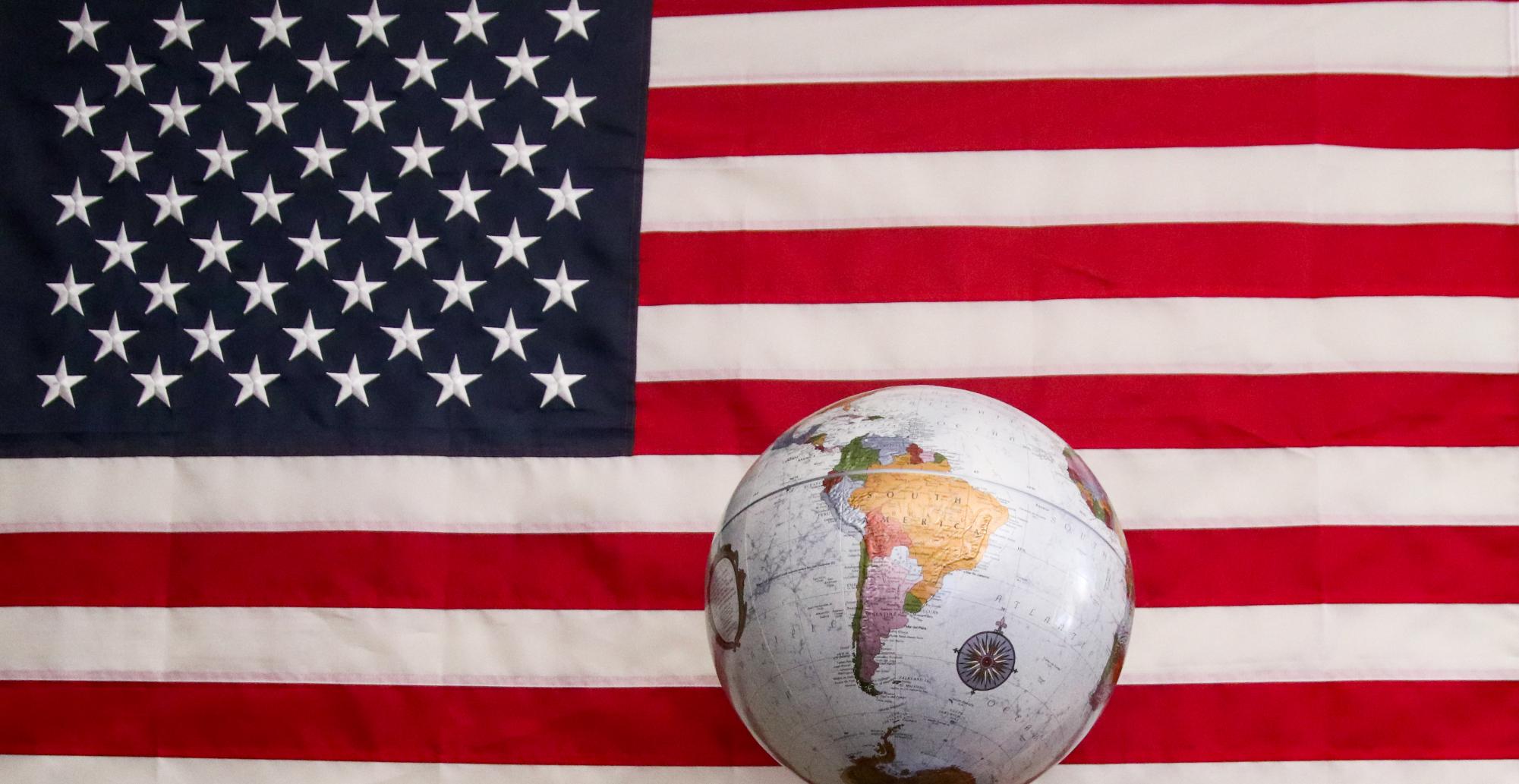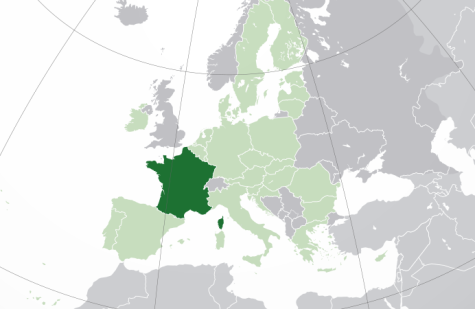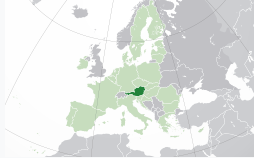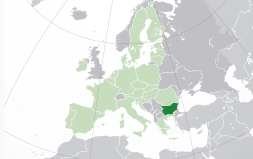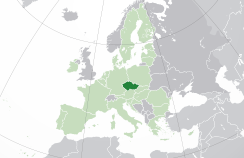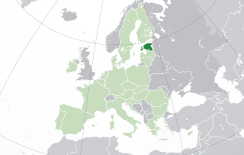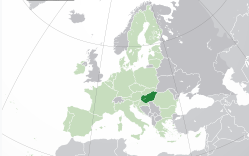Negative feelings towards the North Atlantic Treaty Organization(NATO) have been on the rise in the US since former president Trump has openly complained about NATO members not meeting the alliance’s defense spending standards of at least 2% of their individual GDPs. NATO is perceived by many to simply be leeching on America’s defense spending and not being able to hold their own in a conflict without the support of the United States.
While the United States is easily the most powerful nation in the alliance, that is simply because they have the largest economy and a strong internal emphasis on military strength. Nations that do not meet the 2% expenditure goal should work on bringing it to that goal rather than letting the United States simply defend them, but it is understandable for smaller economies to contribute as much to the alliance as giants such as the US, France, and the UK.
The United States has a massive defense budget that makes the other countries in NATO seem as if they are not even making an effort despite NATO members’ attempts to contribute. According to the SIPRI Military Expenditure Database, in 2023 the United States spent 916 billion USD on its military which is 3.4% of the nation’s GDP. In comparison to NATO’s second largest defense spender, the United Kingdom, who spends 74.9 billion USD which comes to 2.3% of their national GDP on defense. The United States dwarfs the rest of NATO’s budgets but it also has an economy so large that the other countries cannot hope to try and match. It would be unfair to ask these nations with smaller economies to try and match the US. Even if all the NATO countries got together and all met the 2% of GDP recommendation they would not be able to realistically match the economic giant that is the United States.
However, that is not money that goes towards NATO; that 916 billion is the United States’ budget for their own military not specifically for NATO.
In the words of Jamie Shea, a senior fellow at the Brussels-based Friends of Europe think tank:
“It is possible to make the argument that everything the U.S. does in terms of defense could benefit NATO… but if you are a European you can argue that the U.S. also does these things for its own security interests and they are not an act of charity towards NATO.”
Yes, the United States military loves its fair share of retail therapy and spends exorbitant amounts of money, but not all that money means anything to NATO. That is, national spending for the United States that can contribute to the alliance in the case of emergency, but the US military is more so focused on its own interests. Only the United States can control or oversee those military assets and they mostly act in the individual interests of the US rather than the interests of the alliance.
NATO’s operational costs are actually shared by nations due to an agreed formula so that every country contributes their fair share as they are able. According to a BBC article about NATO members defense expenditures:
“The cost sharing is based on national income. The three biggest contributors to this are the US and Germany at 16% and the UK at 11%[…] The US used to pay more than 22% of these running costs. But a new payment formula was agreed in 2019 to address complaints by the Trump administration about the burden to the US of supporting the alliance”
Despite the World Bank placing the United States’ GDP at more than six times Germany’s, according to the current formula the United States is tied for first in direct contribution to NATO. Every country is contributing the money required of them according to a formula that the US has agreed to and considered fair at the time of agreement. It is not as if the formula is arbitrary; by basing the financial commitment on national income the smaller nations can avoid being crippled or forced from the alliance. There would be no sense in asking Estonia and other small nations to pay that much and it would simply cause the alliance to lose many allies that are often underestimated by larger countries.
NATO members did agree to try and spend at least 2% of their GDP on defense, but in 2024 eight of the alliance’s thirty-two members are projected to not meet that guideline according to data from the Atlantic Council. That is 25% of NATO not meeting a guideline that was agreed upon to ensure that the defense burden would be spread throughout the alliance. Also, these are the numbers from 2024, meaning that this is only since Russia’s invasion of Ukraine in February of 2022. More data from the Atlantic Council shows that in 2021 twenty-five of NATO’s members were not meeting the guidelines for defense spending. These countries are not paying their fair share during peacetime and only meet the guidelines out of individual fear. While this may seem alright at a glance it makes sense to only spend during wartime it is actually detrimental to the alliance’s capabilities. Military equipment requires extended periods of time to be developed, improved, and manufactured so these countries’ old equipment rusts and become technologically obsolete as they are not maintained and they do not bring enough new equipment in. Furthermore, this damages infrastructure for wartime. This has been seen as Europe has been struggling to build and start running factories to produce substantial amounts of ammunition for Ukraine. Modern militaries are large and require massive and complicated infrastructure that cannot wait until wartime to be developed.
We need to stop acting as if we are the modern day Atlas carrying the world on our shoulders. National pride is not bad, but when it becomes arrogance then the problem of a national superiority complex that has historically been at the root of imperialism and the United States should never fall prey to that historical trap. However, this does not mean that we should not hold our allies accountable, but that we should take a better approach to bring them up to par that does not alienate our allies from us.
As a nation the United States does contribute more to the NATO alliance than any of the other members in terms of defense, but it is not so disproportionate as to say that the US is carrying NATO and the rest of the world on its back. There are other countries splitting the burden and it is unrealistic to ask them to match the US’s spending on its own interests. While there are many who could and should be held accountable to their commitments the approach that we should take is not one force against our very own allies.


